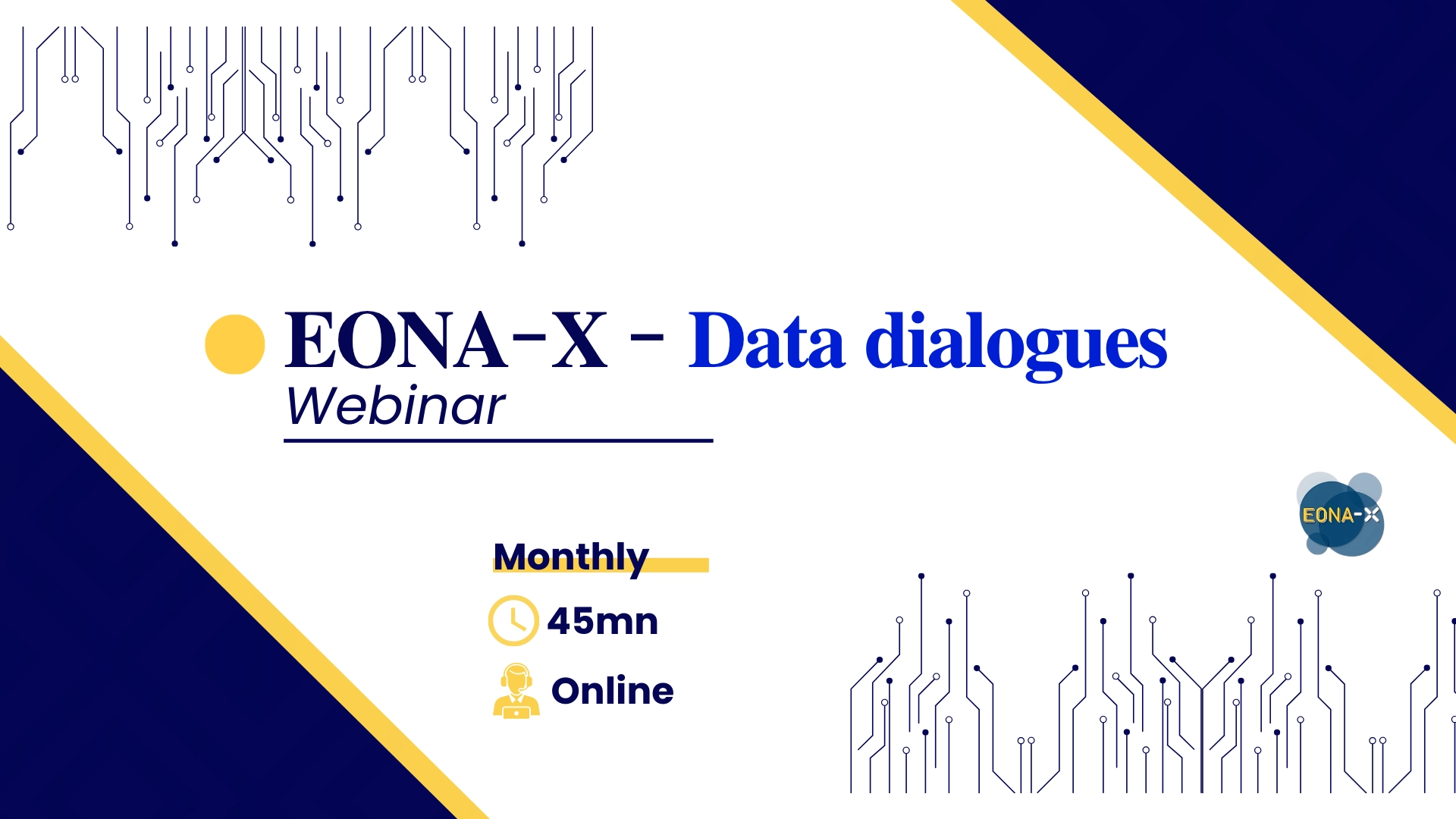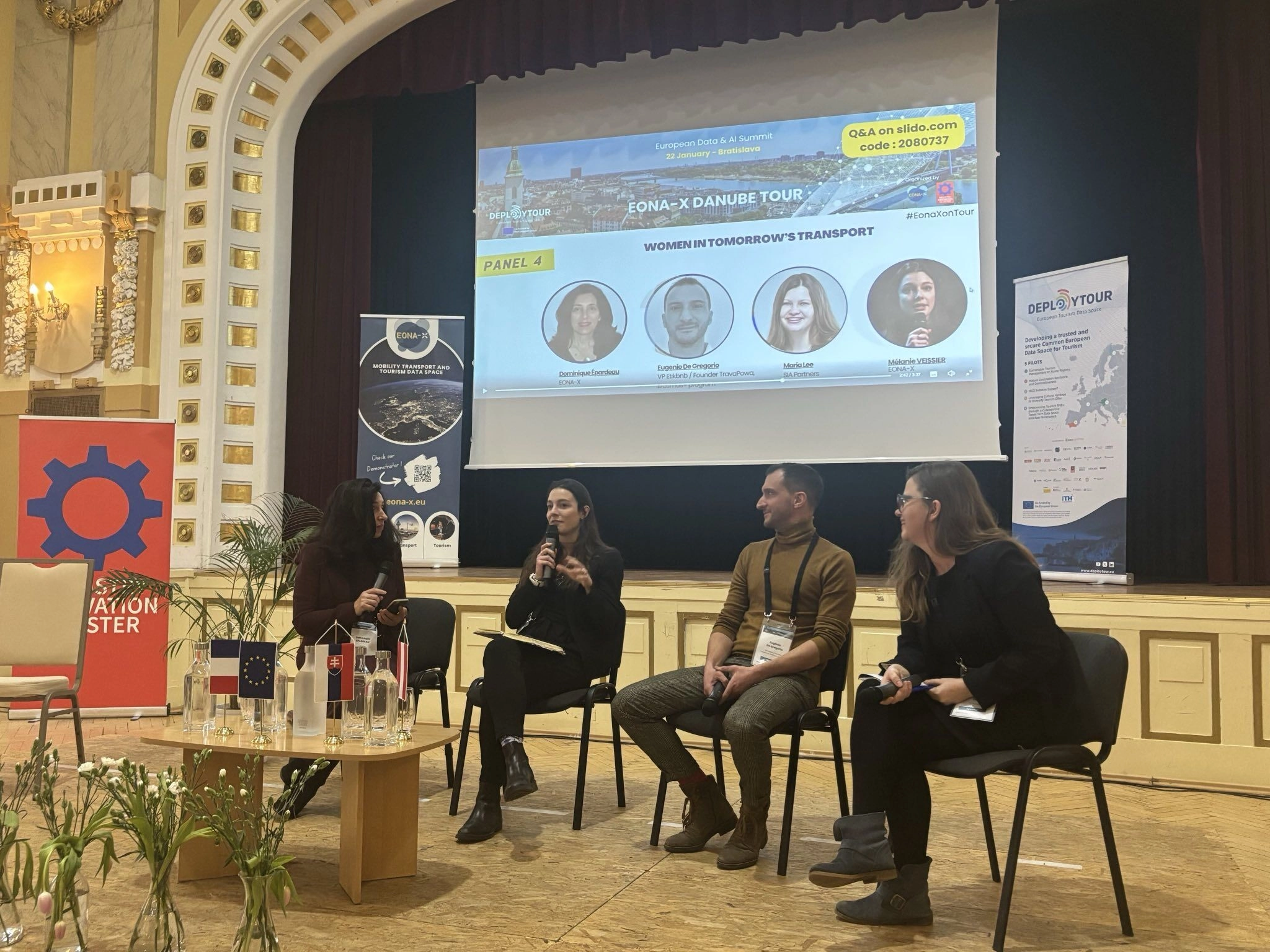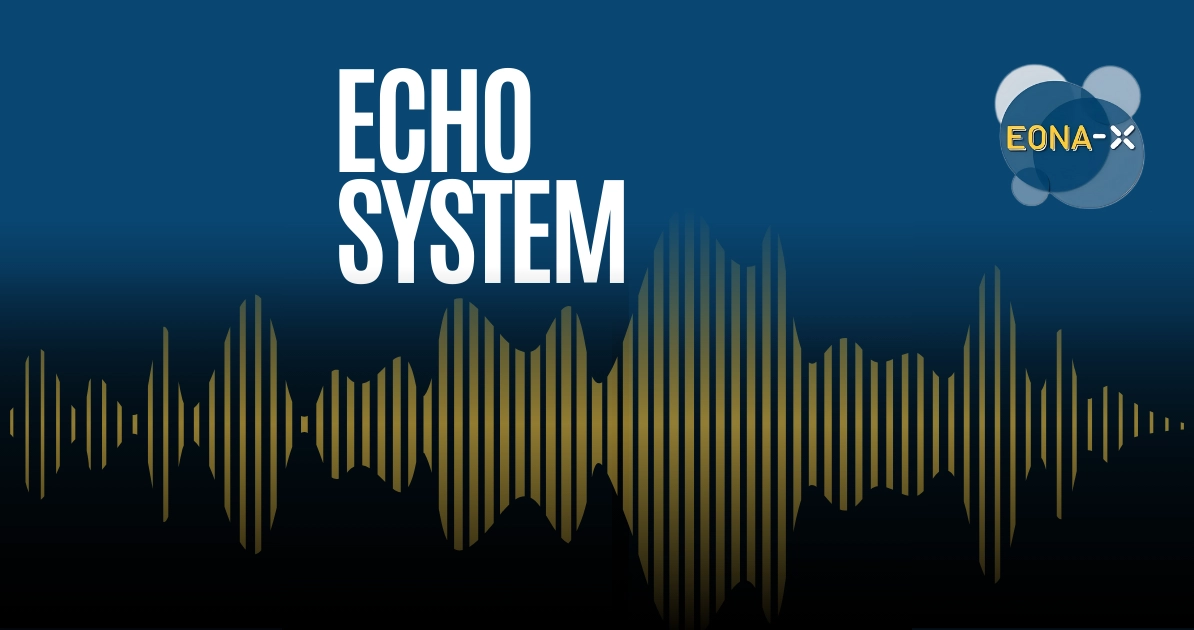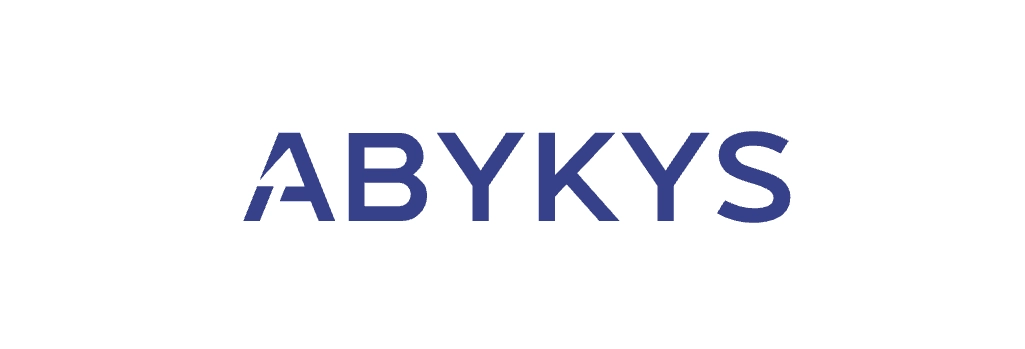Gen4Travel Disruption Use Case: when the unexpected no longer derails the journey
Flight cancellations, train delays, missed connections… then comes the scramble: finding alternatives, deciphering fare rules, calling the hotel, shifting the shuttle, rebooking an activity. The result is stress for travelers and a heavy load for frontline teams.
Gen4Travel’s Disruption use case detects the incident, presents clear options, executes changes after explicit consent, and automatically synchronizes related services to keep the journey smooth.

Operation of an autonomous agent
With Gen4Travel, we demonstrate how data collaboration can truly transform the travel experience: making it more seamless, more sustainable, and beneficial for every actor in the ecosystem — from travelers to operators.
Gen4Travel, decoded in a few numbers
+10
European stakeholders mobilised
3
priority use cases developed
100%
open source & sovereign
Traveler-facing experience
Immediate alert
Contextual notification (e.g., “17:00 train delayed by 90 minutes. Options available.”)
2–3 readable options
Time, duration, price, conditions (refundable/exchangeable), with impacts explained.
Plain-language explanations
Baggage status, whether the hotel needs to be informed, any potential fees.
One-tap approval
A “Confirm” action triggers the modification, ticket reissue if needed, and all confirmations.
Everything in one place
New tickets, updated itinerary, messages to partners.
Data control
Data sharing limited to the purpose, necessary actors, and a controlled timeframe; consent can be withdrawn at any time.
Benefits for operators
Fewer urgent calls
Fewer urgent calls
Straightforward cases are resolved autonomously, with seamless handover to an agent when needed.
Higher satisfaction
Higher satisfaction
Incidents turned into solutions within minutes.
Automated coordination
Automated coordination
Hotels, transfers, and activities are notified when plans change.
Flexible integration
Flexible integration
The assistant can be added to existing sites and apps without a full rebuild.
Concrete scenarios
1) Evening flight cancellation
- 18:02 — Alert: flight Paris → Barcelona canceled.
- 18:03 — Proposed options:
- Option A: 20:30 flight, same airline (arrival 22:10).
- Option B: 21:05 flight with a short connection (arrival 23:40).
- Option C: TGV the next day at 07:14 + hotel retained.
(Each option specifies price, duration, conditions, and impact on hotel/ground transport.)
- 18:05 — The traveler confirms Option A.
- 18:06 — Ticket reissued, hotel notified of late arrival, shuttle rescheduled.
- 18:10 — All confirmations delivered within the same conversation.
2) Train delay causing a missed connection
Detection shows the TER will arrive too late for the TGV. Proposed choices:
- a later TGV at no extra cost, or
- an alternative route via another station.
After confirmation, tickets are updated, the hotel is notified if arrival shifts, and a night taxi is suggested if buses no longer run.
3) Traveler with specific accessibility needs
Declared constraints (elevators, wheelchair, adapted room). In a disruption, only compatible alternatives are proposed (step-free access, ramps/elevators), with confirmation from the accommodation that the room remains accessible.
What the assistant does “behind the scenes”
- Detects the incident (cancellation, delay, missed connection) and consults the traveler’s booking.
- Generates realistic options that reflect declared preferences (budget, pace, accessibility) and change rules.
- Explains the consequences clearly: price, baggage handling, hotel access, total time.
- Executes the change after consent: reissue, seat selection, any required payments.
- Notifies linked services (hotel, transfers, activities, insurance) to keep the journey coherent.
Maintains traceability for answers, receipts, and continuous improvement.
Measuring impact
- Average time from incident to validated solution.
- First-option acceptance rate.
- Reduction in inbound calls and wait times.
- Post-incident satisfaction (NPS, reviews).
- Share of services auto-synchronized (hotel, transfers, activities).
- Availability of documentation (attestations, receipts) in one click.
Who benefits
- Airlines, rail operators, airports, long-distance coach operators.
- Hotels, lodging platforms, private transfers, local mobility providers.
- Travel insurers, premium cards, agencies, OTAs.
- Destinations and DMOs aiming to offer calmer, more resilient visitor journeys.
"Partner(s) associated to this use case
Benefits for operators
Fewer urgent calls
Straightforward cases are resolved autonomously, with seamless handover to an agent when needed.
Higher satisfaction
Incidents turned into solutions within minutes.
Automated coordination
Hotels, transfers, and activities are notified when plans change.
Flexible integration
The assistant can be added to existing sites and apps without a full rebuild.








